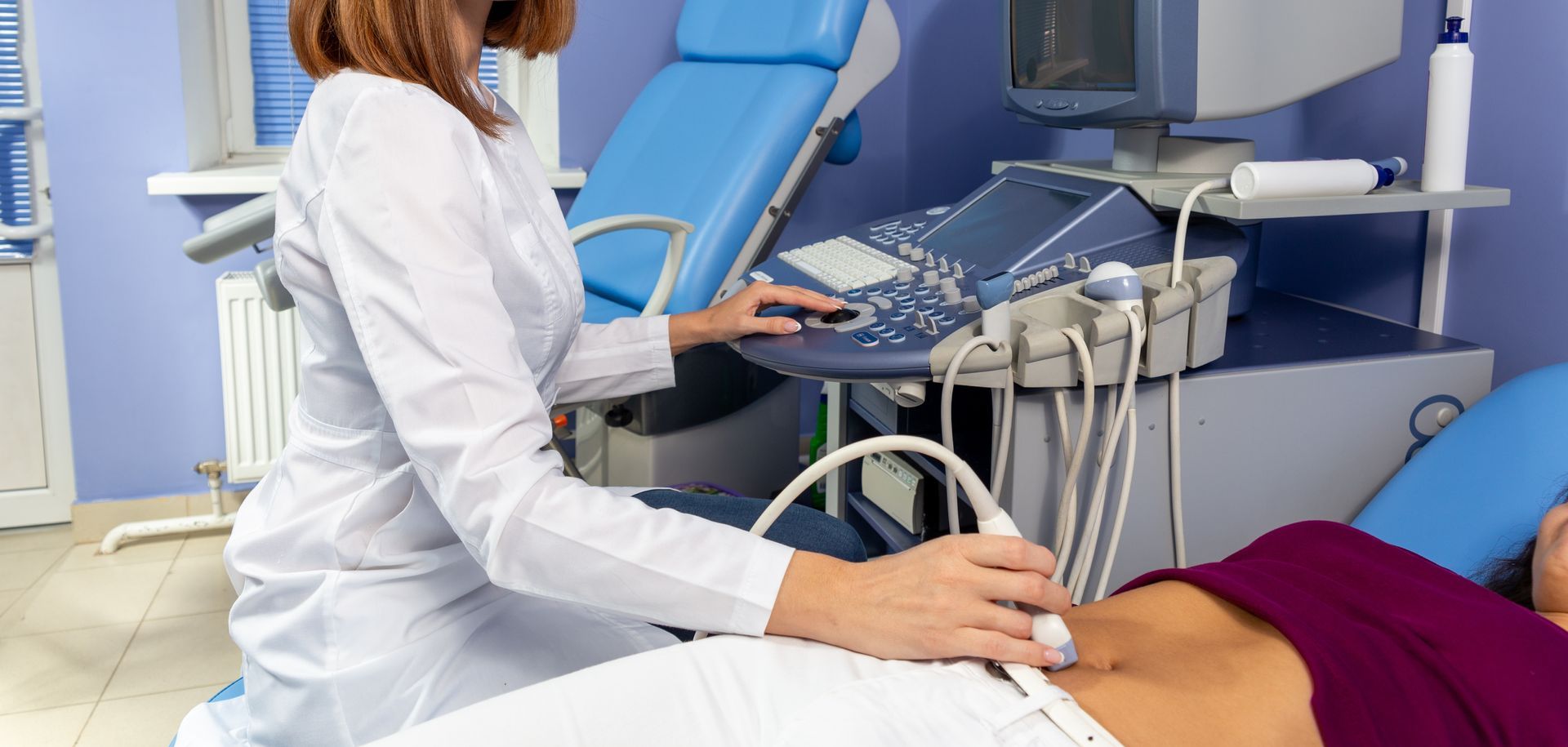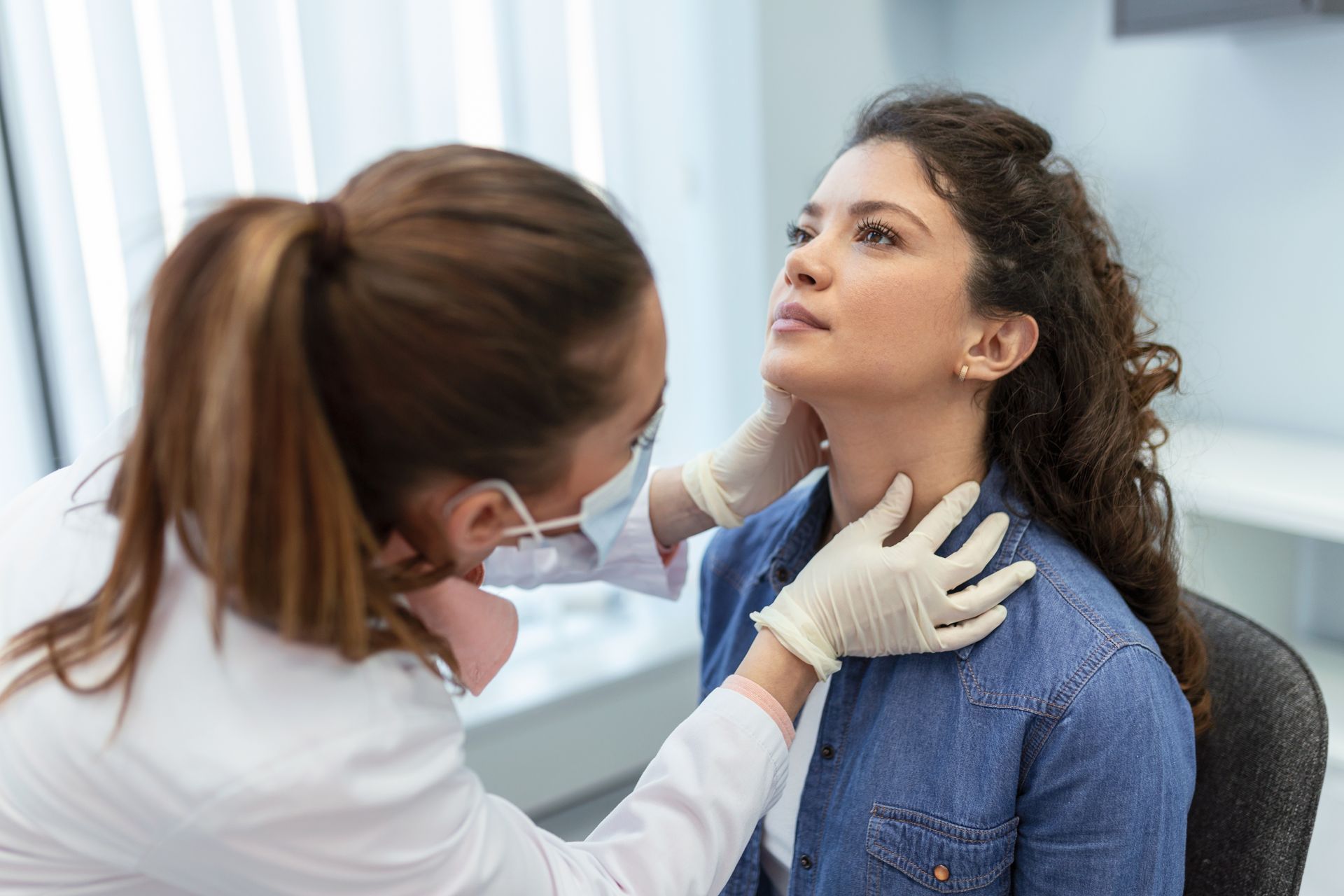Recent Posts
Recommended Preventive Screenings by Age

Preventive screenings are essential for maintaining good health and catching potential health issues early, when they are most treatable. Many diseases, including cancer, diabetes and heart disease, develop silently, showing no symptoms until they have progressed significantly. That’s why regular health screenings are vital for early detection and prevention.
Why Are Preventive Screenings Important?
- Detect health issues early, allowing for timely treatment
- Reduce healthcare costs by preventing more serious illnesses
- Improve overall health and quality of life
- Provide peace of mind by identifying risks before they become problems
Skipping screenings can lead to undiagnosed conditions that become more difficult and expensive to treat as they progress.
Preventive Screenings by Age Group
Infants and Children (Birth to 12 Years)
From birth, regular check-ups are crucial for monitoring growth, development and early signs of health issues.
- Newborn Screenings – Checks for genetic and metabolic disorders
- Vision and Hearing Tests – Identifies early vision or hearing impairments
- Lead Screening – Recommended for children at risk of lead exposure
- Developmental Screenings – Monitors cognitive, motor and social development
- Dental Checkups – First visit recommended by age 1
- Vaccinations – Routine immunizations to prevent serious illnesses
Adolescents (13-18 Years)
As children grow into teenagers, additional screenings become important to ensure a healthy transition into adulthood.
- Blood Pressure Screening – Detects early signs of hypertension
- Cholesterol Check – Recommended for teens with a family history of heart disease
- Depression Screening – Identifies mental health concerns
- STD Testing – Advised for sexually active teens
- HPV Vaccine – Recommended between ages 9 to 12 to prevent certain cancers
Young Adults (19-39 Years)
Early adulthood is a critical time to establish healthy habits and stay on top of preventive care.
- Annual Physical Exam – General health assessment and risk factor evaluation
- Blood Pressure Screening – At least once every 2 years if normal
- Cholesterol Screening – Every 4 to 6 years; earlier if at risk
- Pap Smear (Women) – Starting at age 21, every 3 years to detect cervical cancer
- STI Screenings – Annual chlamydia and gonorrhea testing for sexually active women under 25
- Diabetes Screening – Starting at age 35 or earlier if overweight
- Skin Cancer Screening – Regular self-exams and doctor visits if at risk
- Mental Health Screenings – Checks for anxiety, depression and substance use
Middle Age (40-64 Years)
This stage of life brings increased risk for chronic diseases, making screenings even more essential.
- Mammograms (Women) – Every 1 to 2 years starting at age 40 to 50 (depending on risk factors)
- Colonoscopy – Recommended at age 45 and every 10 years thereafter
- Prostate Cancer Screening (Men) – PSA blood test discussion starts at age 50 (or 40 to 45 if high risk)
- Heart Disease Screening – Regular cholesterol, blood pressure and diabetes checks
- Bone Density Test (Women) – At age 50+ to assess osteoporosis risk
- Lung Cancer Screening – For current or former smokers age 50+
- Vision and Hearing Tests – Every 2 to 4 years
Seniors (65+ Years)
Aging brings an increased risk for many conditions, so screenings become even more critical.
- Annual Physicals and Medication Reviews – Ensures overall health and medication safety
- Bone Density Test – Continued monitoring for osteoporosis
- Colonoscopy – Continue based on doctor recommendations
- Diabetes and Heart Disease Screening – Regular monitoring
- Cognitive Screening – Checks for signs of dementia or memory issues
- Hearing and Vision Exams – Detects age-related decline
- Immunizations – Flu shot, shingles vaccine and pneumonia vaccine
Additional Considerations for Preventive Care
While age-based screenings provide a general guideline, individual risk factors such as family history, lifestyle and pre-existing conditions may require more frequent or additional tests. It’s always best to discuss your specific health risks with a healthcare provider.
Women’s Health Screenings
Women should also consider breast exams, reproductive health screenings and menopause-related tests as part of their routine care.
Men’s Health Screenings
Men should prioritize prostate health, testosterone levels and cardiovascular screenings.
Cancer Screenings
If you have a family history of cancer, talk to your doctor about genetic testing and more frequent screenings.
Take Charge of Your Health With Our Comprehensive Services in Houston, TX
At St. Hope Healthcare, we offer comprehensive screenings and personalized healthcare plans tailored to the needs of patients of our Greenspoint, Dickinson, Sugar Land, Conroe and Jersey City health clinics. Our experienced primary care providers (PCPs) will guide you through the recommended tests for your age and health status, ensuring you stay on top of your health.
Schedule a primary care visit and preventive screenings today by calling (713) 778-1300, or book an appointment through our website.









